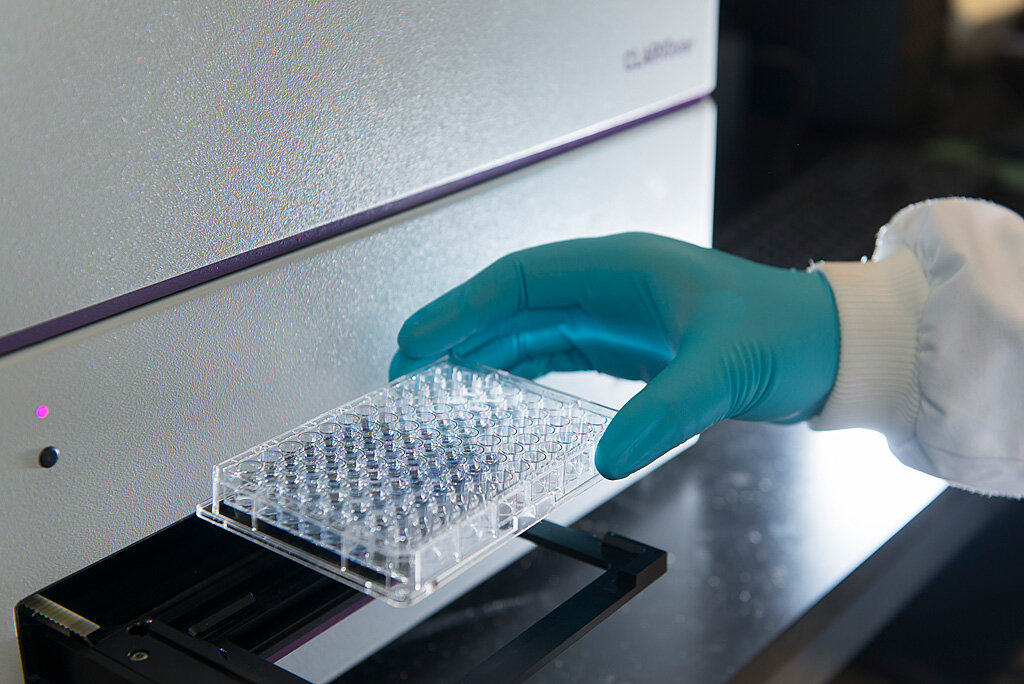The OncoMasTR Test Accurately Identifies Risk of Breast Cancer Recurrence
By LabMedica International staff writers
Posted on 29 Jun 2021
A recent paper confirmed that the Oncomark (Dublin, Ireland) OncoMasTR test can accurately identify the risk for disease recurrence in patients with hormone receptor–positive HER2-negative early-stage breast cancer.Posted on 29 Jun 2021
OncoMasTR is a multi-parameter prognostic test for ER-positive, HER2-negative early stage breast cancer patients with up to three involved lymph nodes. The OncoMasTR RT-qPCR test measures the expression of three prognostic genes (plus three reference genes) and estimates the probability of distant recurrence for breast cancer patients, thereby aiding clinicians in determining the best treatment options for their patients and avoiding the costs and severe side-effects from unwarranted chemotherapy, ultimately improving the quality of life of the patient.

Image: OncoMasTR is a six-gene signature test that can predict the likelihood of breast cancer spreading to a distant site in the body and reappearing (Photo courtesy of University College Dublin)
Investigators at University College Dublin (Ireland) compared the efficacy of the OncoMasTR test to seven other commercially available assays. Among these was the Exact Sciences (Madison, WI, USA) Oncotype DX Breast Recurrence Score Test, which analyzes the activity of 21 genes that can influence how likely a cancer is to grow and respond to treatment.
For this study, the investigators analyzed tissue samples from 404 Irish women who were enrolled in the Trial Assigning Individualized Options for Treatment [Rx]. Gene expression measured via RT-qPCR was used to calculate the OncoMasTR Molecular Score (OMm) and a composite risk score, the OncoMasTR Risk Score (OM).
Results revealed that OMm and OM were more prognostic for distant recurrence-free survival and provided significant additional prognostic information to all other assessment tools/factors assessed. In addition, the OM correctly classified more patients with distant recurrences into the high-risk category than other risk classification tools. Similar results were observed for invasive disease-free survival.
Senior author Dr. William Gallagher, professor of cancer biology at University College Dublin, said, "This key clinical validation study showed that the OncoMasTR test has truly excellent performance in terms of predicting outcome of these patients, with improved performance versus the currently used approaches in the clinic. This may help clinicians to optimize treatment decisions."
The OncoMasTR paper was published in the June 2, 2021, online edition of European Journal of Cancer.
Related Links:
Oncomark
University College Dublin
Exact Sciences














